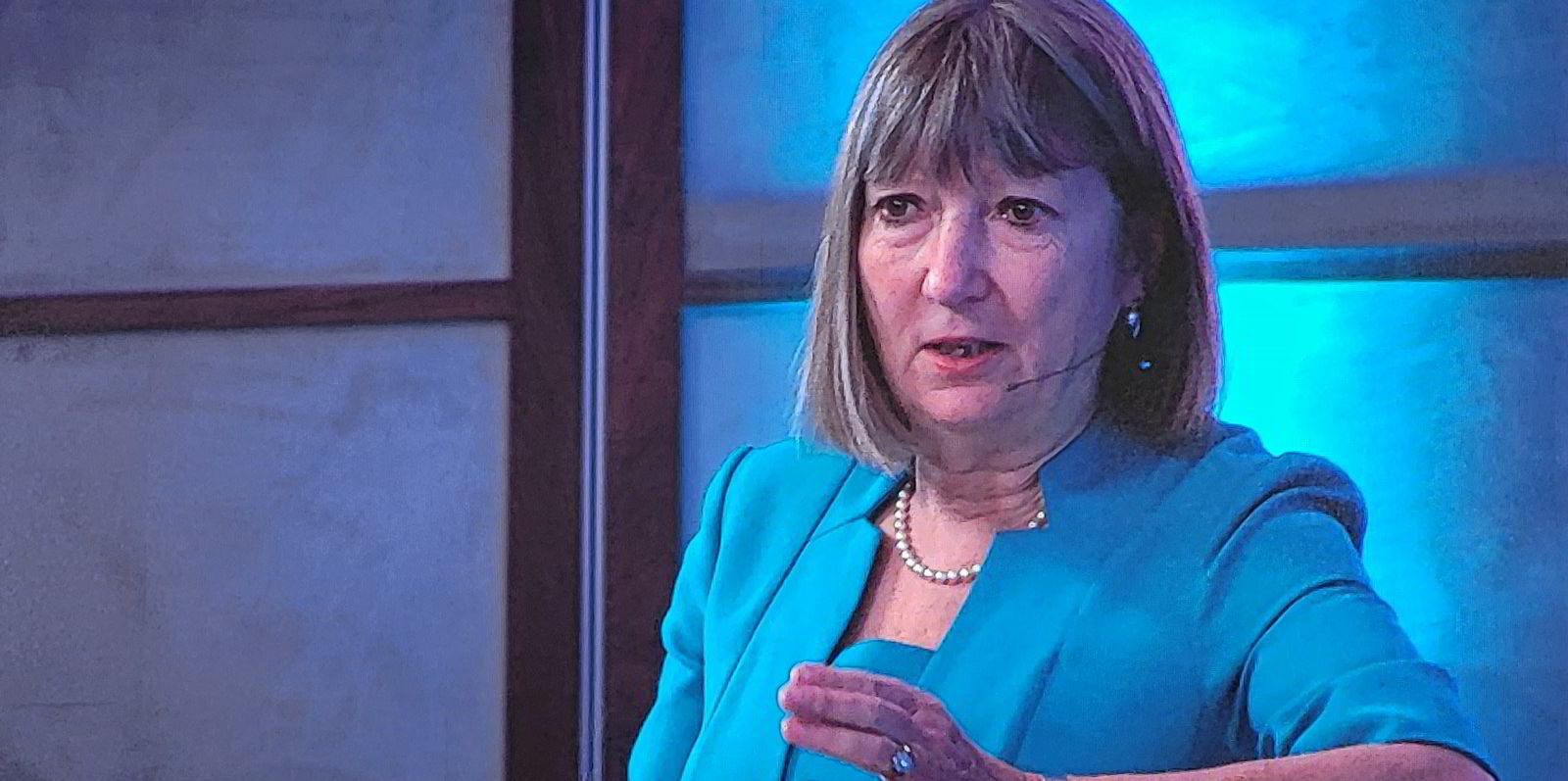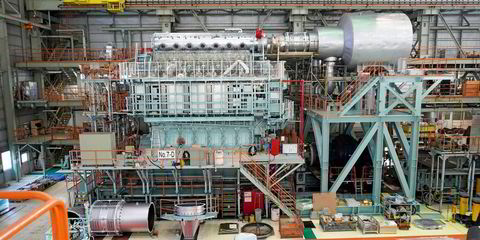Several planned liquefaction projects which are scheduled to take final investment decisions (FIDs) in early 2023 could snap up the bulk of the 25 plus open on order LNG carrier newbuildings, according to shipbroker Howe Robinson Partners.
In a first new quarterly LNG report, Howe Robinson there are less than 30 available LNG newbuildings scheduled for delivery in the period to the end of 2026. But some of these ships are fixed on subjects cutting the figure to less than 25.
The broker said several ongoing tenders, which are seeking ships for 2026 handover dates, could slim this number by at least six two-stroke, gas-injection vessels.
Howe Robinson shows just one ship open in 2023. The vessel is believed to be controlled by Alpha Gas.
Capital Gas also has an uncommitted ship which it lists as delivering in December 2023.
The brokerage, which now boasts a 13-person strong LNG team spread across offices in the UK, Singapore, the US, Spain and India, said: “FIDs planned for first quarter 2023 could remove the majority of available newbuilds through to 2026.”
HoweRob went on to list four projects that could between them and over time could add another 85.6 million tonnes per annum of LNG production to the global total which it anticipates will take FID during this quarter.
They comprise the three-train, 17.5 mtpa Lake Charles LNG project, phase 1 of Sempra Energy’s 27-mtpa Port Arthur development, the initial three trains of NextDecade’s 27-mtpa Rio Grande and the first phase of the 14.1 mtpa Saguaro LNG that Mexico Pacific Energy plans to build.
The broker went on to detail other projects which are closing in on FIDs including Driftwood LNG, Commonwealth LNG, Delfin FLNG, Venture Global for its CP2 developments and expansions at the Cameron and Freeport LNG developments.
HoweRob said a number of portfolio players are currently evaluating LNG carrier berth space at shipyards for delivery positions in 2027 and beyond.
Looking at propulsion choices for LNG carriers, the broker notes that the first vessel to be fitted with a ME-GA engine is due to be delivered in the coming quarter.
It said some owners are reverting to ME-GI and ME-GA engine types due to methane slip considerations.
“New regulations and ETS [the European Union's Emissions Trading System] could play a larger part in determining engine choices,” Howe Robinson added.






